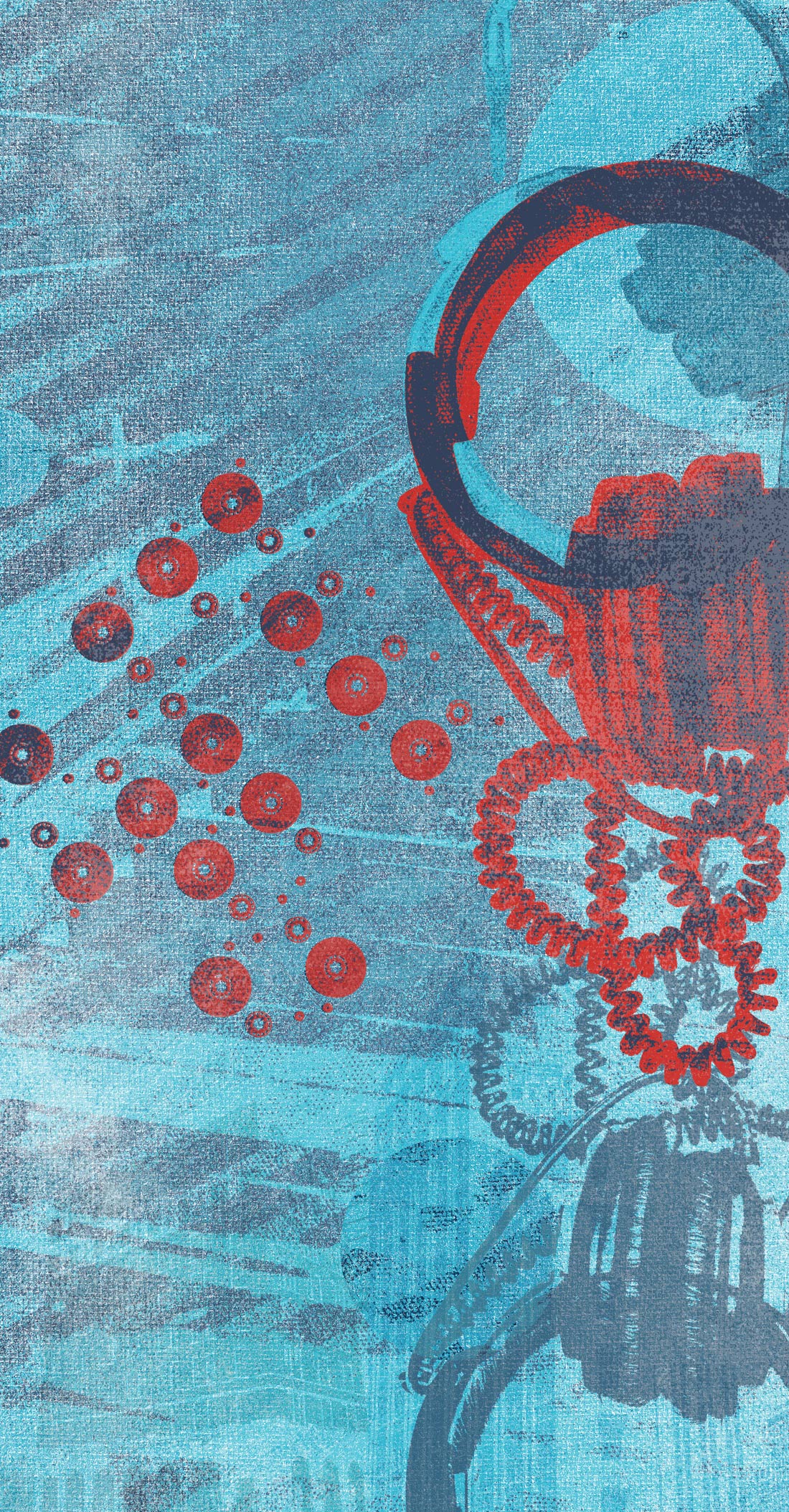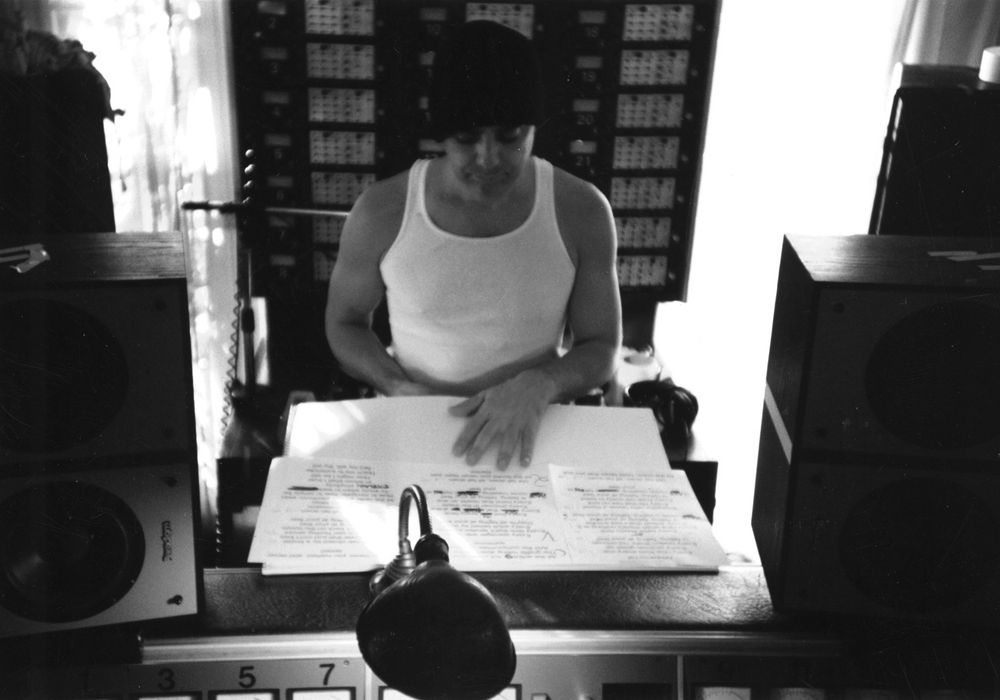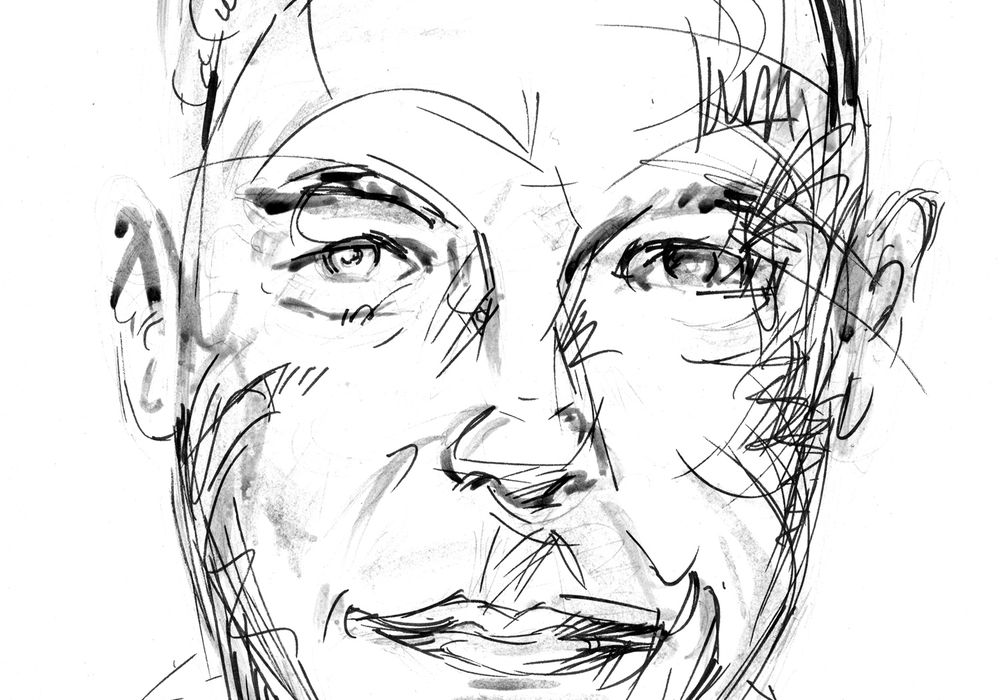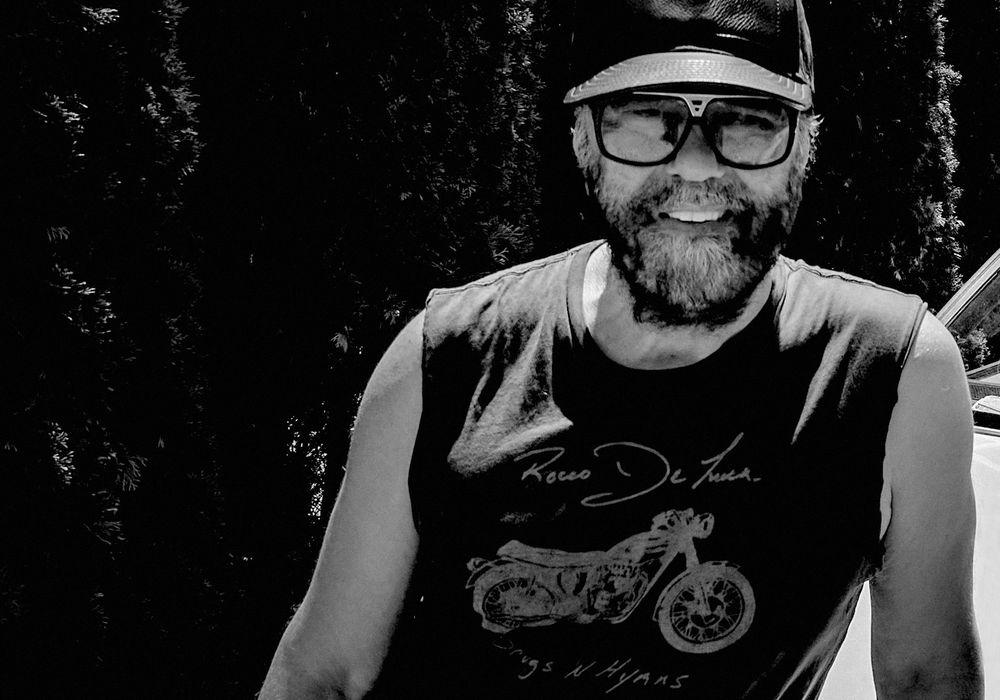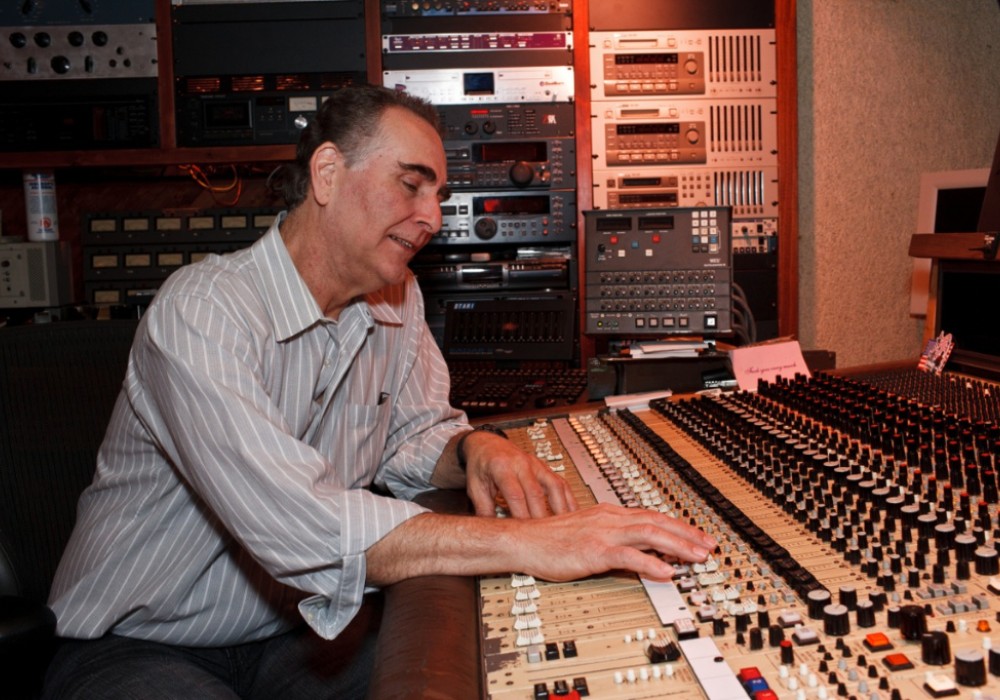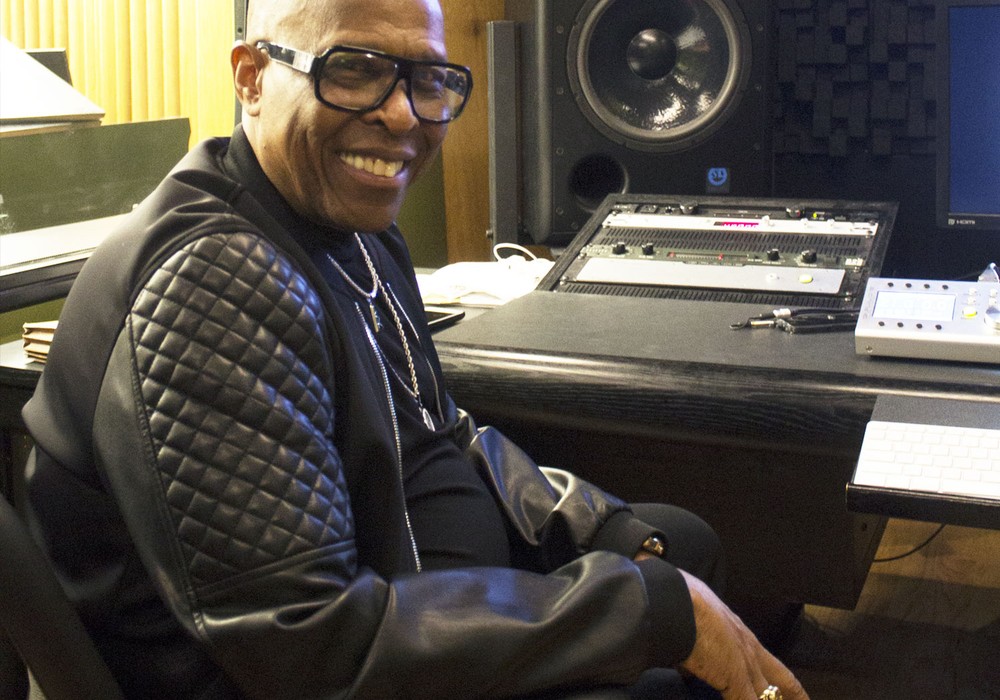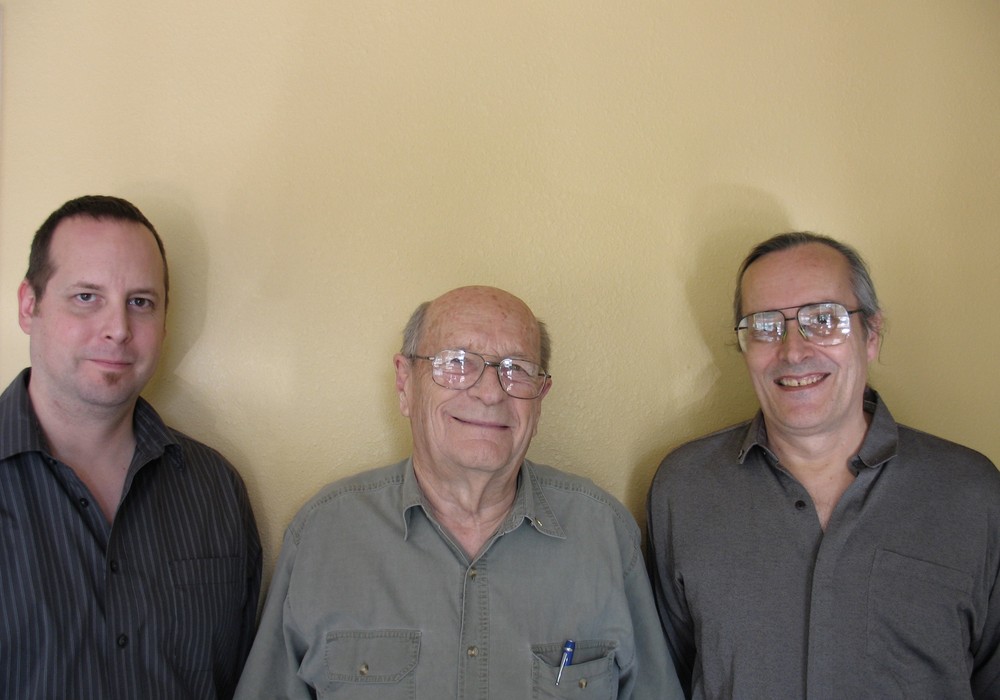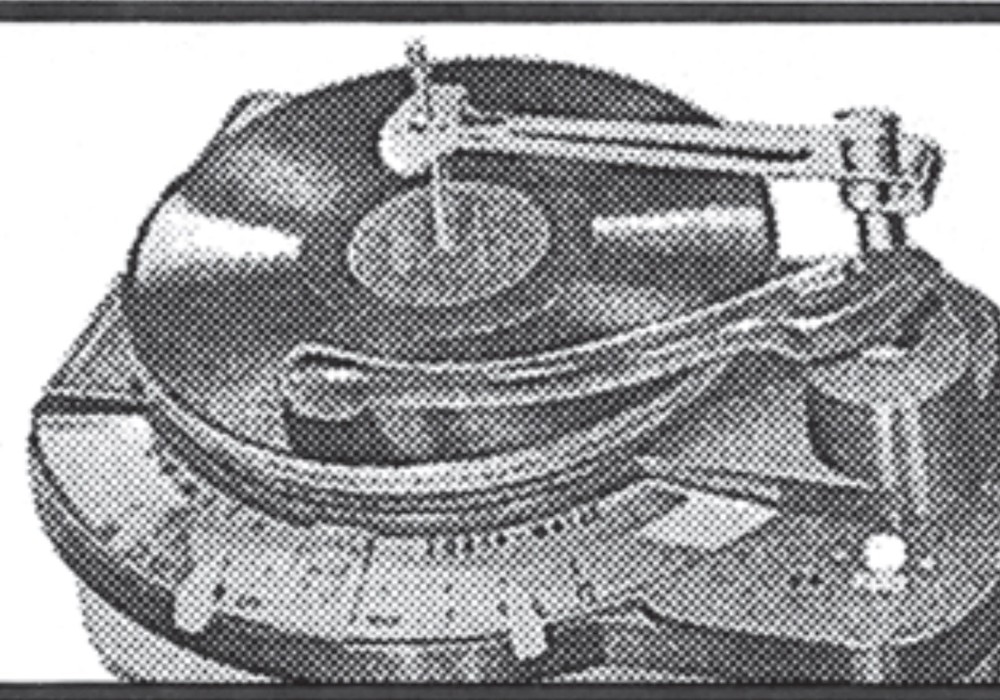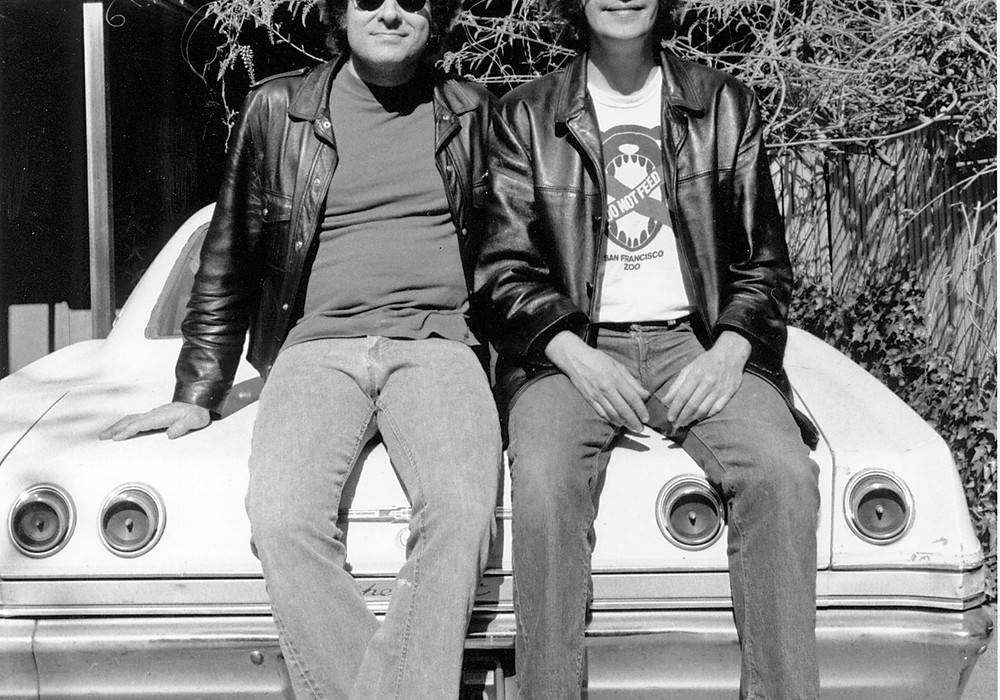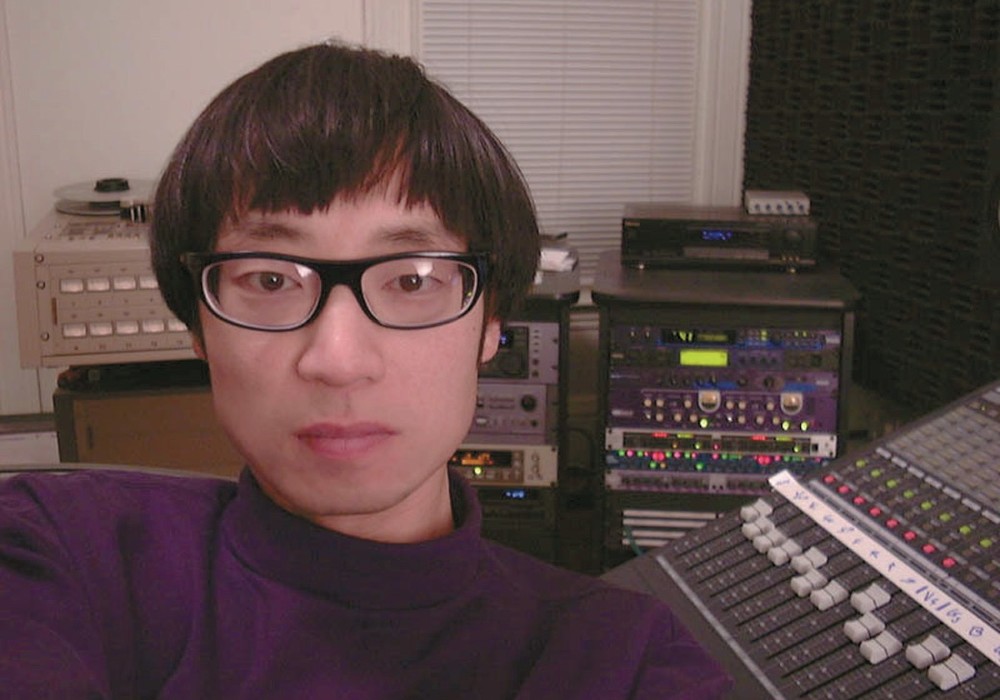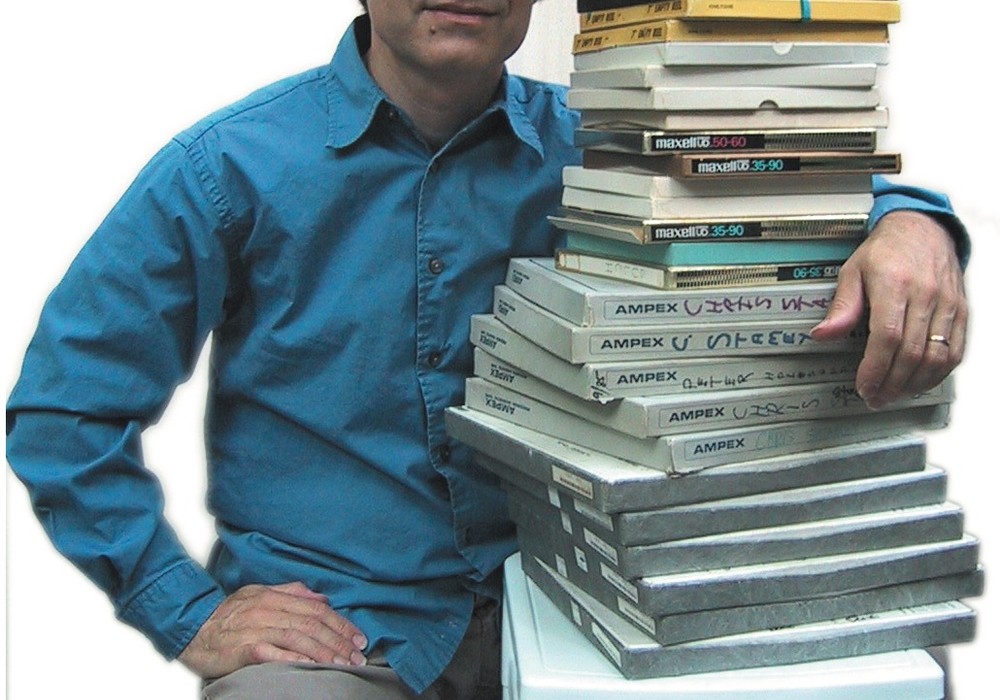When the chance to interview David Byrne presented itself, the first thought I had was how enjoyable it would be to talk about David's work over the years with Brian Eno. Sure, Eno produced some great Talking Heads records back in the day, but my favorite collaboration was 1981's My Life in the Bush of Ghosts, a Byrne/Eno record that fit "flown in" found vocals over groove-based studio experiments. And to top that off, in 2008 they collaborated again on the excellent album, Everything That Happens Will Happen Today, comprised of more straightforward songs than ...Bush of Ghosts. We did discuss these albums, but we also were allowed plenty of time to delve into numerous topics, including David's recent and ambitious collaboration with Fatboy Slim and an army of female vocalists on the epic Here Lies Love, a double album based on the life of Imelda Marcos. After a quick photo session, David and Pat Dillett, a producer/engineer who has worked with David frequently (see his own interview this issue), joined me in the front room of Kampo Studios in NYC (R.I.P.) and we chatted away.
Pat, how did you end up doing the Brazilian stuff?
P: I would say almost exclusively at first through Arto [Lindsay], who I had worked with on his own stuff. I guess the first thing I went to Brazil for was Marisa Monte's first studio record, her second record [Mais]. Arto did a great job of bringing a different thing to what was a pretty stagnant pop pool down there. He, and then consequently me, were beneficiaries of that, getting a lot of work through that.
D: Did he do a lot of that record up here, or vice versa? Were the rhythm tracks down there and then add guys up here?
P: It was almost exactly half and half. Actually Roger Moutenot did a bunch of the recording of the stuff that was done here, and I did the stuff that was done in Brazil. But there were full bands at each place. It was great. Down there we used some of her touring band and some famous guest friends — it was interesting. That was a pretty early taste of the Brazilian recording scene, which has gotten amazing since then. At the time they were sort of straddling the thing that I think this country went through and probably the UK went through in the '60s, where there is the old way of doing things and the people doing them who are still there. That was definitely fading out by when I got there, but still the specter of it was there. You booked the studio 9 to 5 or 10 to 6, but it was very corporate in a way that we didn't really deal with much after the '60s.
Yeah we really take for granted how loose the studio system is post-Beatles.
P: That pretty much is the turning point, at least in pop music.
There were some notes online for the live EP [Everything That Happens Will Happen on This Tour] for the Everything ... tour. Did you do the recording on that?
P: I did the mixing. They were travelling with a system where they could pretty much record every show.
D: Yeah we just had to get a Pro Tools rig in and a computer.
P: But they were using a [Digidesign] Icon and patching right into it. It just dumps it in.
The tracks sounded great.
P: They did. What they sent me sounded really good. There were the usual things with the live performance — certain things about where people are standing — but it sounded really cool.
Did you do any other Bush of Ghosts songs besides that one on tour?
D: There were two. We did "Moonlight in Glory" and "Help Me Somebody." "Help Me Somebody" we did I think pretty much every night, more or less, and "Moonlight in Glory" we did every so often.
P: That's a great version on the EP. It's a nice performance.
D: It was a great band.
Do you enjoy doing that — putting together an album and then finding some people to take it on the road?
D: Every so often. I am not somebody who likes to be on the road all the time. I was on the road for about a year with that, and I did it for a year because it was evident that after a few months that it was working really well and everybody was having a lot of fun. Everybody was getting along. "Now we may as well keep going. Everybody's having a good time." It's almost a challenge to figure out, "What kind of show do we make? What gets emphasized? What kind of material can we do with the musicians that are going to be on stage?"
Do you feel obligated to play certain songs when you go on the road?
D: Oh yeah. Not exactly certain songs, but obligated to do a few Talking Heads hits — maybe not always the same ones, but an obligation to do a few. For a while, as a lot of artists do — I think when I did Rei Momo with the Latin tour, I couldn't play those songs with that band. I...
